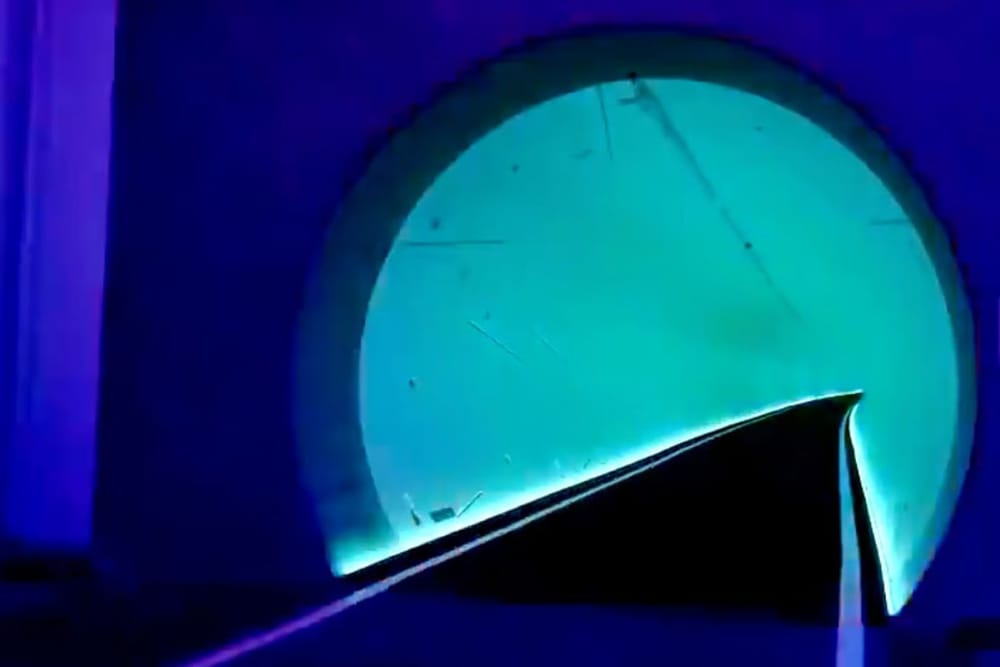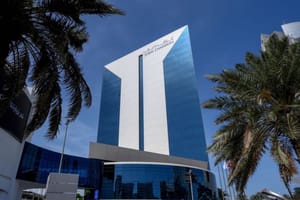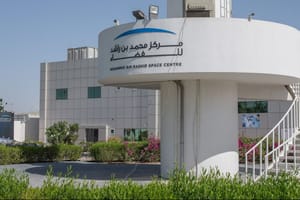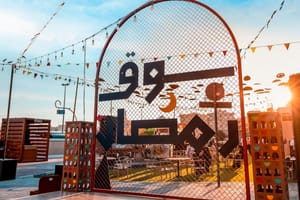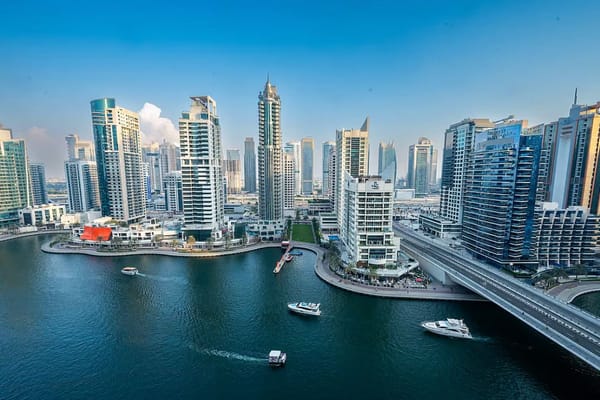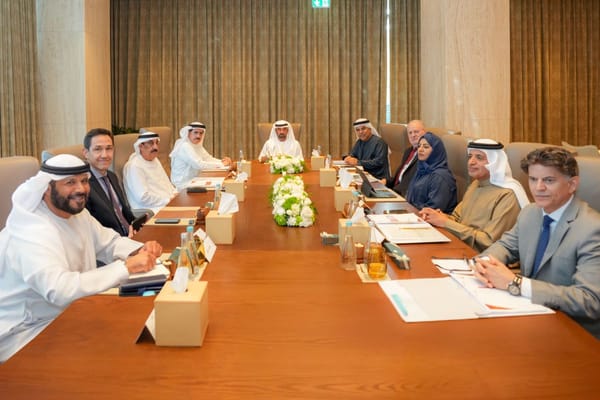Dubai is on the brink of a transportation revolution with the launch of the Dubai Loop, a 17-kilometer underground transit system designed to reshape the city's mobility landscape. Unveiled at the World Governments Summit, this ambitious project has been hailed by urban planners and road safety experts as a game-changer for urban transit and sustainability.
A Cutting-Edge Transit Solution
The Dubai Loop will feature 11 stations and is projected to carry over 20,000 passengers per hour, significantly improving urban mobility efficiency. A collaboration between Dubai’s Roads and Transport Authority (RTA) and The Boring Company—the US-based tunneling firm founded by Elon Musk—the project aims to deploy advanced tunneling technology for faster, cost-effective execution with minimal disruption to existing infrastructure.
Powered by electric vehicles capable of reaching speeds of up to 160 km/h, the Dubai Loop will offer a fast, congestion-free alternative to surface roads. Urban planning expert Dr. Ahmed Al Mulla highlighted its potential to shift commuters away from private cars and ease road congestion, making travel within the city seamless and weather-resilient.
Seamless Connectivity is Key
For the project to succeed, experts emphasize the need for strategic station placement to integrate seamlessly with existing and future transit networks, including the Dubai Metro and Etihad Rail. Dr. Al Mulla stressed the importance of connectivity, ensuring the Loop links key commercial, residential, and business districts to maximize accessibility.
The underground nature of the system offers multiple advantages, including:
- Maximizing land use by preserving surface space for parks, commercial zones, and pedestrian areas.
- Resilience to extreme weather conditions, as underground tunnels maintain cooler and more stable temperatures compared to surface roads.
- Enhanced road safety by reducing traffic congestion and lowering accident risks.
Challenges and Considerations
Despite its advantages, the Dubai Loop faces several challenges, including the high cost of tunneling technology and engineering hurdles posed by Dubai’s high water table and diverse soil conditions. Dr. Mustafa Aldah, a road safety expert, pointed out that tunneling projects are significantly more expensive than surface transport and that cost overruns are common in large-scale underground infrastructure projects.
Another key concern is affordability. The Boring Company’s previous projects, such as the Las Vegas Convention Center Loop, have demonstrated the high costs associated with tunneling. Urban planners warn that if ticket prices are not kept accessible, the system may primarily cater to premium passengers or tourists, rather than everyday commuters. Dr. Al Mulla emphasized that the cost-to-benefit ratio must be carefully evaluated to ensure affordability and widespread adoption.
A Global Model for Future Cities
Despite the challenges, urban planners like Aileen E Llagas believe the Dubai Loop has the potential to set new global benchmarks for underground urban transit. If executed well, it could serve as a model for other metropolitan cities seeking to modernize their transportation systems.
More than just a transit project, the Dubai Loop represents a bold step toward the future of urban mobility, reinforcing Dubai’s position as a pioneer in smart city innovation. As cities worldwide look for solutions to traffic congestion, land constraints, and environmental sustainability, the Dubai Loop stands as a testament to the power of technology and visionary urban planning to reshape the way we move.
News Source: Khaleej Times
